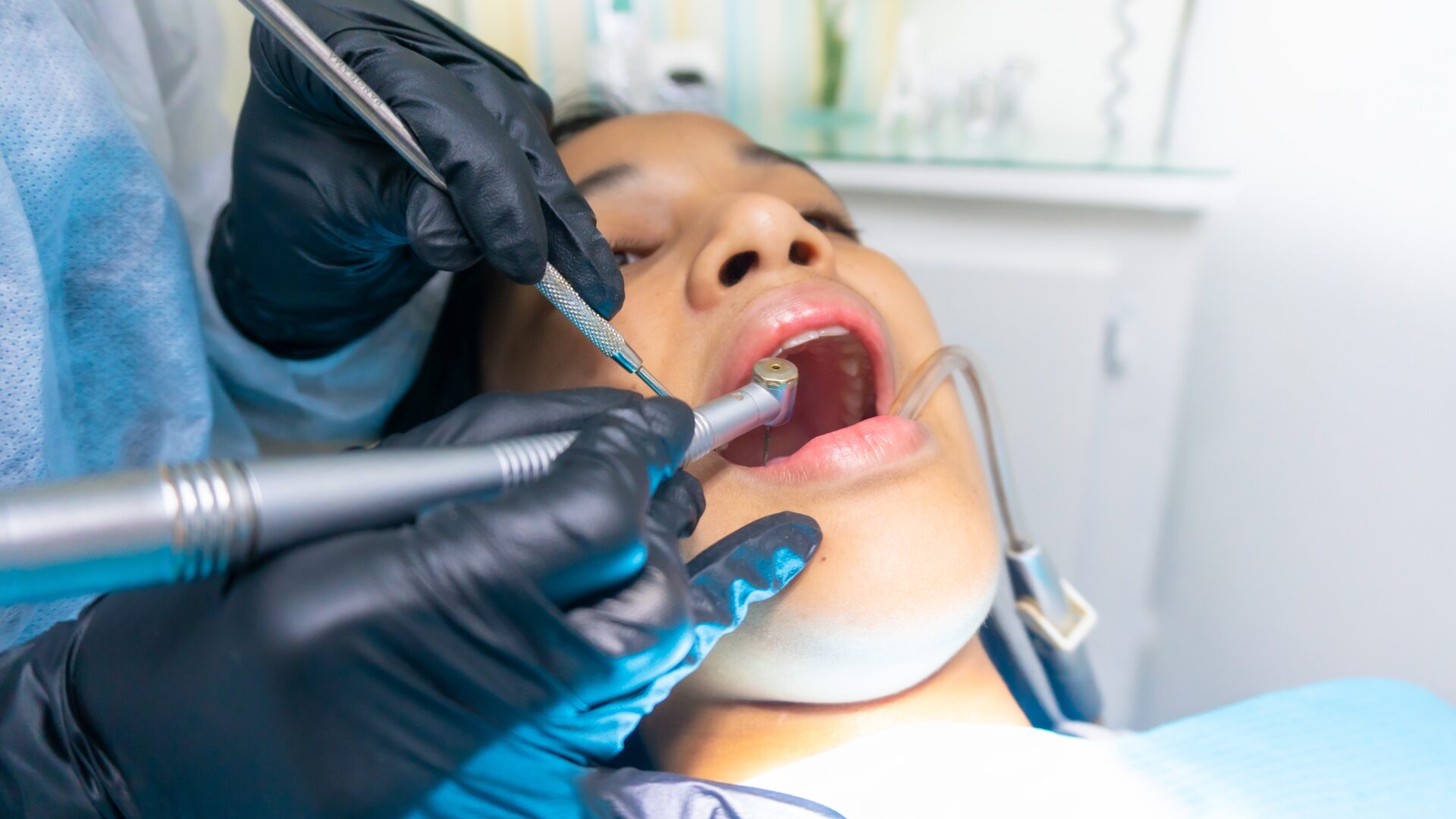Maintaining fresh breath throughout the day is an important aspect of oral hygiene and overall confidence. While brushing and flossing are essential, there are additional habits individuals can adopt to ensure long-lasting freshness. This comprehensive article, from the perspective of a trusted dental clinic, explores four easy habits for fresher breath throughout the day. Drawing from the expertise of trusted clinics and experienced industry professionals this article aims to provide valuable insights and guidance without mentioning specific advancements or claiming services beyond general industry standards.
1. Maintain a consistent oral hygiene routine

A consistent oral hygiene routine is the foundation for fresh breath. Brushing your teeth at least twice daily for two minutes and flossing daily can help you remove food particles and plaque that can lead to bad breath. Additionally, don’t forget to clean your tongue as it can harbour odour-causing bacteria. Using a tongue scraper or gently brushing your tongue with your toothbrush can help eliminate bacteria and improve breath freshness.
Regular dental check-ups and cleanings are also vital in maintaining good oral hygiene. During these visits, dental professionals at your chosen clinic can identify and address any underlying dental issues that may contribute to bad breath. They can also provide personalised advice on proper brushing techniques and recommend specific oral care products to enhance breath freshness.
2. Stay hydrated and rinse your mouth regularly

Drinking enough water throughout the day can keep your mouth moist and wash away food particles and bacteria. A dry mouth can lead to bad breath, as saliva plays a crucial role in neutralising acids and removing debris. Sipping water frequently and staying hydrated not only promotes fresher breath but also supports overall oral health.
In addition to drinking water, rinsing your mouth after meals can help freshen your breath. Swishing water around your mouth for a few seconds can dislodge food particles and reduce bacterial buildup. For an extra refreshing rinse, consider using an alcohol-free mouthwash recommended by your dentist. They can suggest specific mouthwash products that target bad breath and provide additional benefits like enamel protection or gum health.
3. Watch your diet and snack smartly
Certain foods and beverages can contribute to bad breath. Garlic, onions, spicy foods, and strong-smelling spices can leave a lingering odour in your mouth. Limiting your consumption of these foods or brushing your teeth and using mouthwash afterwards can help combat the odour. Additionally, reducing sugary snacks and opting for healthier choices like fruits and vegetables can help prevent plaque buildup and keep your breath fresher.
Eating crunchy fruits and vegetables, such as apples, carrots, and celery, can also stimulate saliva production and naturally clean your teeth. These foods act as natural toothbrushes, removing debris and helping to maintain a fresh breath. Consult with the dental professionals at your chosen clinic for personalised dietary recommendations that promote oral health and fresher breath.
4. Consider clear braces for enhanced oral health
Misaligned teeth can contribute to bad breath. When teeth are crowded or crooked, it becomes more challenging to clean between them effectively, leading to plaque buildup and trapped food particles that contribute to odour. Invisalign Plymouth, an innovative orthodontic treatment, offers a discreet and comfortable solution for straightening teeth.
Clear aligners are custom-made using advanced 3D imaging technology, providing a precise and personalised treatment plan. By gradually aligning the teeth, Invisalign improves the overall oral health and hygiene of the mouth, reducing the risk of bad breath caused by trapped food particles and plaque buildup. The aligners are removable, allowing for easy cleaning and
Summing things up
While a consistent oral hygiene routine is vital, seeking professional dental care from a trusted clinic is equally important for optimal breath freshness. Regular dental check-ups and cleanings allow dentists to identify any underlying dental issues that may contribute to bad breath, such as gum disease or tooth decay. Moreover, visiting the dentist regularly provides an opportunity to receive personalised advice on maintaining fresh breath, as they can address any specific concerns and recommend suitable oral care products.
In conclusion, maintaining fresh breath is not only about brushing and flossing but also about adopting a comprehensive oral hygiene routine. By incorporating thorough brushing, flossing, and cleaning the tongue into daily habits, individuals can effectively eliminate bacteria and food particles that contribute to bad breath. Regular dental check-ups and cleanings play a critical role in addressing any underlying dental issues and receiving personalised advice for optimal breath freshness. With a dedication to good oral hygiene practices and professional dental care, long-lasting fresh breath can be achieved, promoting both oral health and self-confidence.










